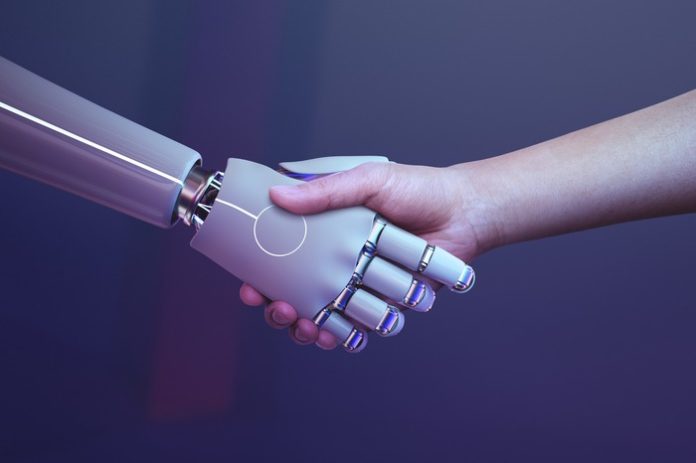Introduction
Artificial intelligence (AI) is transforming multiple sectors, including law enforcement and criminal justice. Its potential applications in criminal law have raised both opportunities and challenges. This article explores the role of AI in criminal law, focusing on its use in crime detection, crime prediction, and its ethical implications in legal systems across the world.
The Role of AI in Criminal Law
Artificial Intelligence has introduced revolutionary changes to how law enforcement agencies approach criminal activities. From analyzing crime trends to identifying potential suspects, AI technologies such as machine learning, natural language processing, and data analytics are being widely adopted. These tools assist in solving cases faster and with greater accuracy than traditional methods.
For instance, predictive policing uses AI algorithms to identify areas where crimes are likely to occur based on historical data. By utilizing AI to detect patterns in criminal activity, law enforcement agencies can allocate resources more efficiently and potentially prevent crimes before they happen.
Artificial Intelligence in Crime Detection
One of the most prominent applications of AI in criminal law is crime detection. AI-powered surveillance systems equipped with facial recognition software can scan and identify individuals from video footage. This technology is used in airports, public spaces, and even online environments to detect criminal behavior. AI can also help analyze social media posts, emails, and communication channels for signs of illegal activity such as cybercrimes, terrorism, or human trafficking.
However, while these advancements improve the efficiency of crime detection, they also raise concerns regarding privacy violations and the potential misuse of surveillance technologies.
Ethical Concerns of AI in Criminal Law
Despite the technological benefits, the ethical implications of AI in criminal law cannot be overlooked. AI systems can sometimes reflect bias present in the data they are trained on, leading to unfair treatment of individuals based on race, gender, or socioeconomic status. For instance, predictive policing algorithms may unfairly target certain communities, perpetuating systemic biases within law enforcement.
Additionally, the use of autonomous decision-making by AI systems raises questions of accountability. If an AI algorithm makes an incorrect or biased decision, who is held responsible—the developer, the user, or the system itself? These ethical concerns underscore the need for transparent AI systems that can be audited and regulated.
AI and Due Process
Due process, a fundamental right in the legal system, ensures fairness and justice for all individuals. AI-based decisions must align with this principle. However, many AI algorithms function as “black boxes,” where the decision-making process is opaque even to those who use them. This can lead to individuals being denied due process if they cannot challenge or understand the basis of the AI’s decision.
Key Challenges
The adoption of AI in criminal law also faces several challenges. These include the accuracy of AI predictions, data privacy concerns, and the legal ramifications of surveillance. Moreover, the lack of standard regulations regarding AI use in law enforcement poses risks, as different jurisdictions may apply varying levels of oversight.
The challenge lies in developing ethical frameworks that govern the use of AI, ensuring that it aids justice without infringing on human rights.
The Future of Aritificial Intelligence in Criminal Law
As AI technology evolves, its potential in criminal law will continue to grow. However, the integration of AI must be accompanied by robust legal frameworks to regulate its use. Governments and judicial systems will need to establish clear guidelines for AI in law enforcement, balancing technological benefits with the protection of individual rights.
Conclusion
AI offers a powerful tool for the criminal justice system, particularly in areas like crime detection and predictive policing. However, its application raises significant ethical and legal concerns. To ensure fairness and justice, law enforcement agencies must carefully balance the benefits of AI with the need for transparency, accountability, and the protection of human rights.




